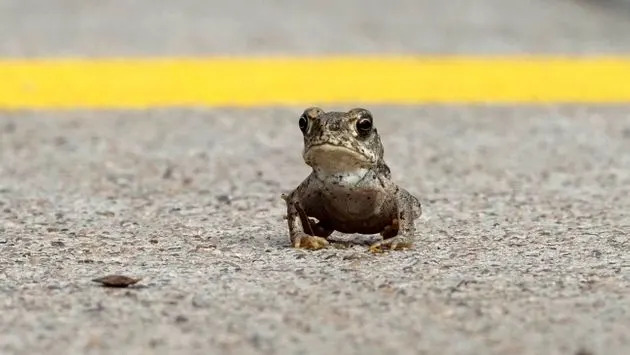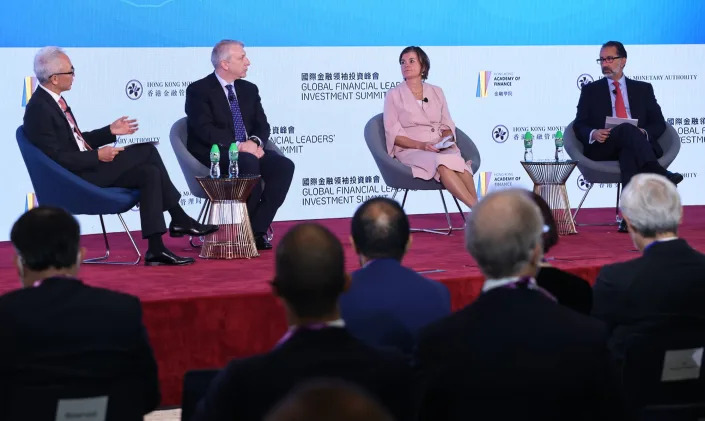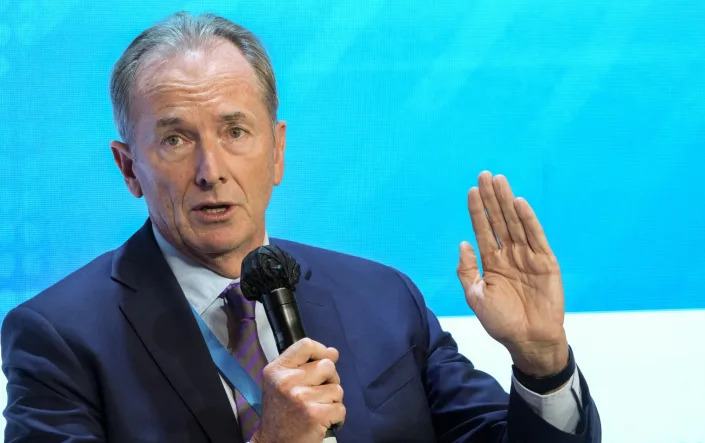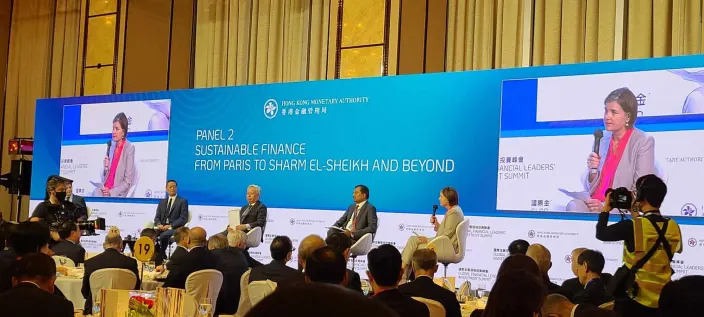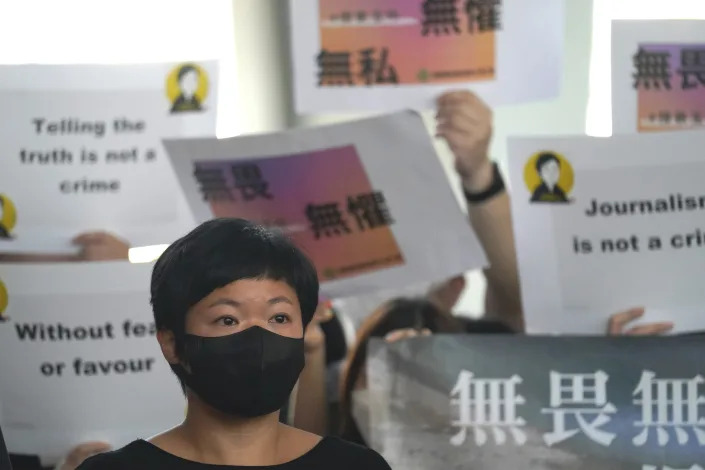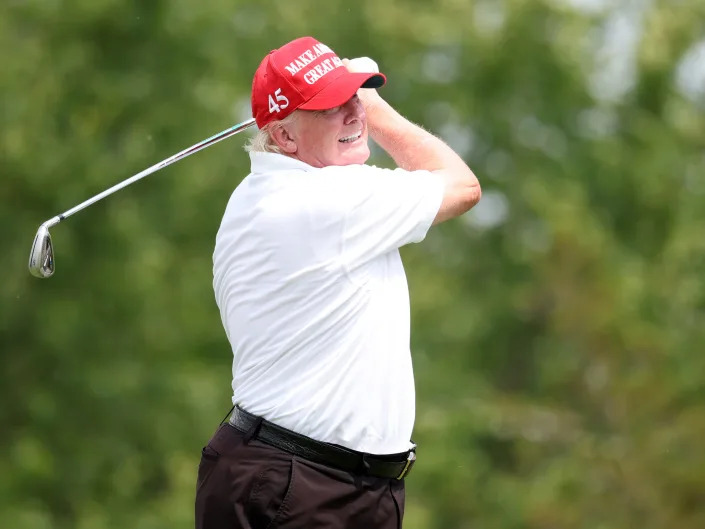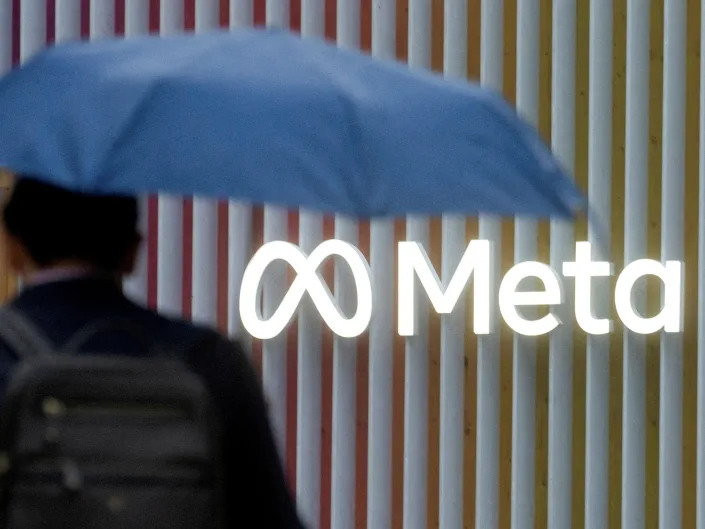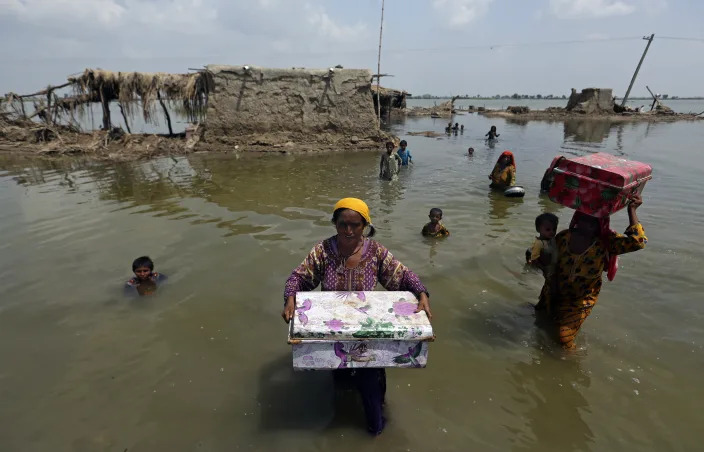
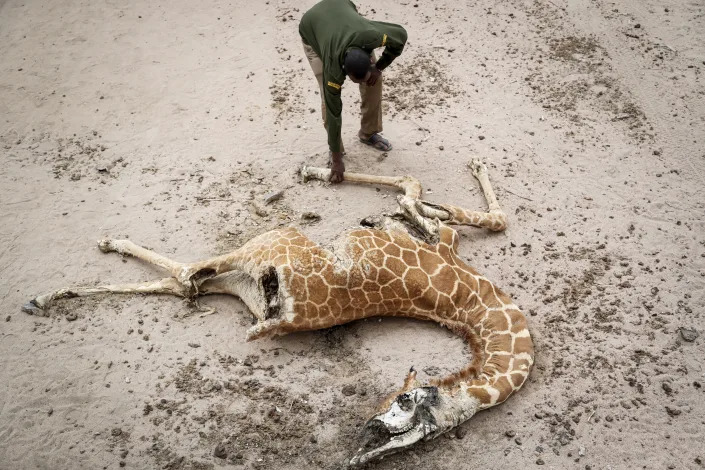
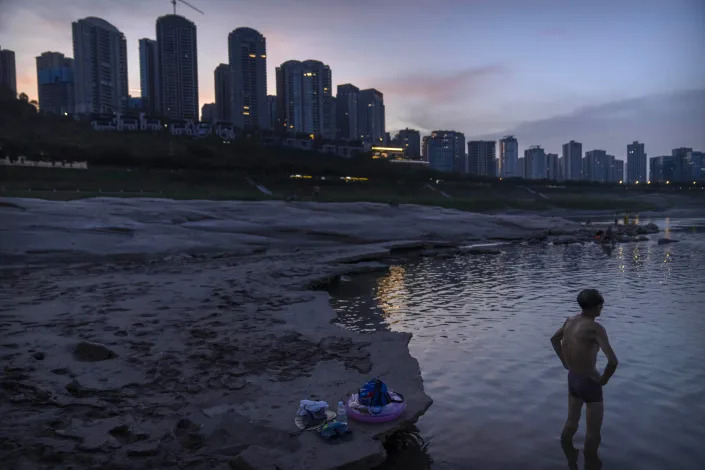

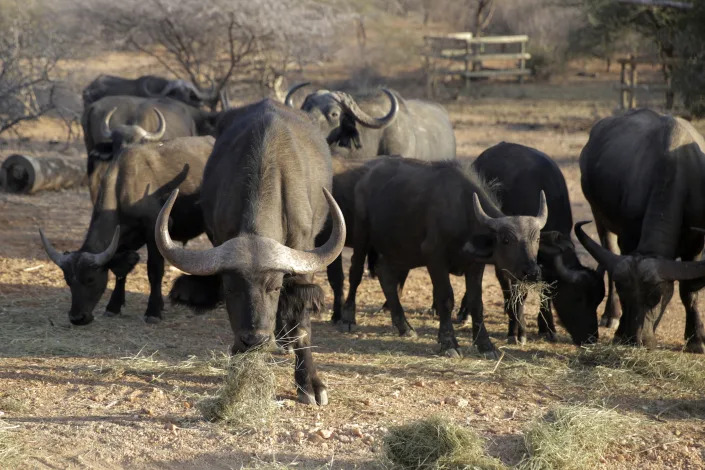
Buffalo feed on grass brought by a ranger as hundreds of animals have died in Kenyan wildlife preserves during East Africa's worst drought in decades, in Samburu County, Samburu National Reserve, Kenya Oct. 14, 2022. Earth’s warming weather and rising seas are getting worse and doing so faster than before, the World Meteorological Organization warned Sunday, Nov. 6, 2022, in a somber note as world leaders started gathering for international climate negotiations in the Egyptian resort of Sharm el-Sheikh. (AP Photo/Brian Inganga, File)
SETH BORENSTEIN
Sun, November 6, 2022
SHARM EL-SHEIKH, Egypt (AP) — Earth’s warming weather and rising seas are getting worse and doing so faster than before, the World Meteorological Organization warned Sunday in a somber note as world leaders started gathering for international climate negotiations.
“The latest State of the Global Climate report is a chronicle of climate chaos,” United Nations Secretary-General Antonio Guterres said. “We must answer the planet’s distress signal with action -- ambitious, credible climate action.”
In its annual state of the climate report, the United Nations’ weather agency said that sea level rise in the past decade was double what it was in the 1990s and since January 2020 has jumped at a higher rate than that. Since the decade began, seas are rising at 5 millimeters a year (.2 inches) compared to 2.1 millimeters (.08 inches) in the 1990s.
The last eight years have been the warmest on record, the WMO said in a report that didn’t break new ground but was a collection of recent weather trends, data and impacts in one central place.
“The melting (of ice) game we have lost and also the sea level rate,” WMO chief Petteri Taalas told The Associated Press. “There are no positive indicators so far.”
The only reason that the globe hasn’t broken annual temperature records in the past few years is a rare three-year La Niña weather phenomenon, he said.
The data on sea level and average temperatures are nothing compared to how climate change has hit people in extreme weather. The report highlights the summer’s incredible flood in Pakistan that killed more than 1,700 people and displaced 7.9 million, a crippling four-year drought in East Africa that has more than 18 million hungry, the Yangtze River drying to its lowest level in August, and record heat-waves broiling people in Europe and China.
“This latest report from the World Meteorological Organization reads like a lab report for a critically ill patient, but in this case the patient is Earth,” said climate scientist Jennifer Francis of the Woodwell Climate Research Center in Cape Cod, who wasn’t part of the report.
Levels of heat-trapping carbon dioxide, methane and nitrous oxide all reached record high levels, with potent methane increasing at a record pace, the report said.
That means more than just warming temperatures on land. Ice, both Greenland’s ice sheet and the world’s glaciers, are shrinking precipitously, the report said. For the 26th year in a row, Greenland lost ice when all types of ice are factored in. The volume of glacier snow in Switzerland dropped by more than one-third from 2001 to 2022, the report said.
But 90% of the heat trapped on Earth goes into the ocean and the upper 2000 meters (6561 feet) of the ocean is getting warmer faster. The rate of warming the last 15 years is 67% faster than since 1971, the report said.
That ocean heat “will continue to warm in the future – a change which is irreversible on centennial to millennial time scales,” the report said.
Outside experts weren’t surprised by the report and said no one should be.
“What climate scientists have warned about for decades is upon us. And will continue to worsen without action,’’ said University of Georgia meteorology professor Marshall Shepherd. “Two things must go away: Climate delayism and speaking about climate change impacts in the future tense. It’s here.”
___
Follow AP’s climate and environment coverage at https://apnews.com/hub/climate-and-environment
___
Follow Seth Borenstein on Twitter at @borenbears
___
Associated Press climate and environmental coverage receives support from several private foundations. See more about AP’s climate initiative here. The AP is solely responsible for all content.
